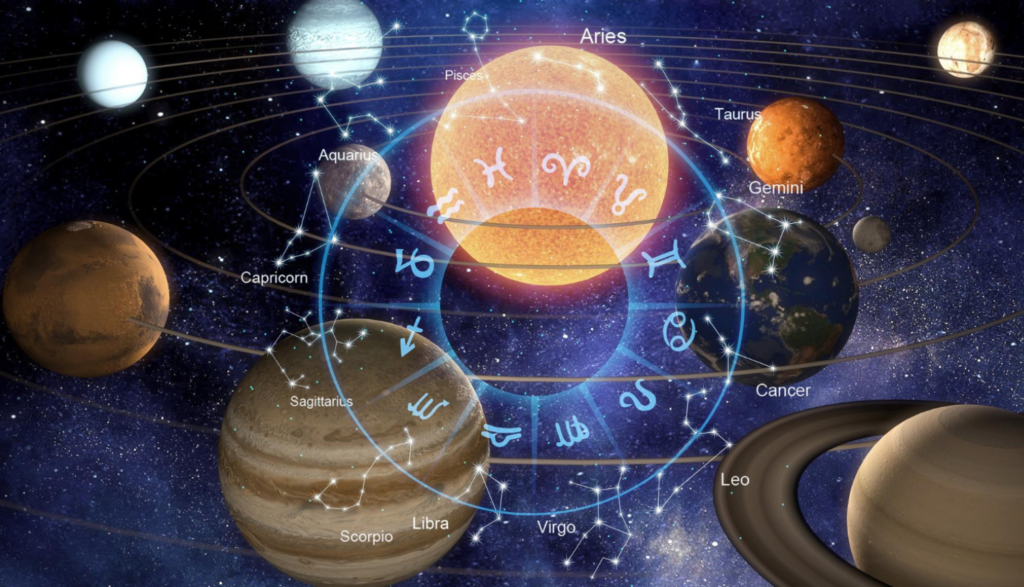In the vast expanse of the cosmos, the celestial bodies – planets, moons, and stars – constantly move and dance in their orbits. This celestial choreography has intrigued humanity for centuries, with cultures worldwide attributing significance to the movements of these heavenly bodies. Among the many facets of astrology, one compelling area of study is astrological transits, which explore how planetary movements influence and shape our lives.
Astrological transits refer to the ongoing movement of planets as they make aspects (angular relationships) to the positions of planets in an individual’s birth chart. Each planet’s position at any given time can create a unique energetic interplay, impacting various aspects of life—ranging from personal development to relationships, career, and overall well-being.
The birth chart, also known as a natal chart or horoscope, serves as a blueprint of the positions of celestial bodies at the exact moment of a person’s birth. It provides astrologers with a snapshot of the cosmic influences shaping an individual’s life. When current planetary positions align or interact with the planets’ positions in the birth chart, astrologers observe and interpret these transits to gain insights into potential themes and events in a person’s life.
For instance, when expansive Jupiter aligns favorably with one’s natal Sun, it might signify a period of growth, opportunity, or increased confidence. Conversely, challenging transits, such as Saturn squaring one’s Moon, could bring about a period of introspection, challenges in relationships, or a need for discipline and responsibility.

Understanding and interpreting these planetary movements require a nuanced understanding of astrology, blending astronomical observations with symbolism, archetypes, and the individual’s unique circumstances. While astrology does not predict specific events or outcomes, it provides a framework for understanding potential energies and influences at play during specific periods.
Related: The Shadow Side of Leo: Overcoming Ego, Pride, and the Need for Recognition
It’s important to note that interpretations of astrological transits are subjective and can vary among astrologers. Additionally, individual experiences of these transits differ based on one’s personal evolution, choices, and other factors.
Astrological transits offer a lens through which individuals can navigate their lives. By becoming aware of the prevailing cosmic energies, people can align their actions, decisions, and attitudes to make the most of favorable periods and prepare themselves during challenging ones.
Whether one fully believes in astrology or approaches it with skepticism, the idea of planetary movements affecting human life resonates with the interconnectedness of the universe. The study of astrological transits serves not only as a tool for self-reflection but also as a reminder of the profound relationship between celestial movements and our existence on Earth.
In conclusion, astrological transits present an intriguing perspective on how planetary movements influence the ebb and flow of our lives. They invite us to contemplate the cosmic tapestry that weaves its threads through our personal experiences, encouraging a deeper understanding of the intricate connections between the celestial and the terrestrial realms.
Related: The Science of Synchronicity: Carl Jung, Astrology, and Meaningful Coincidence





















